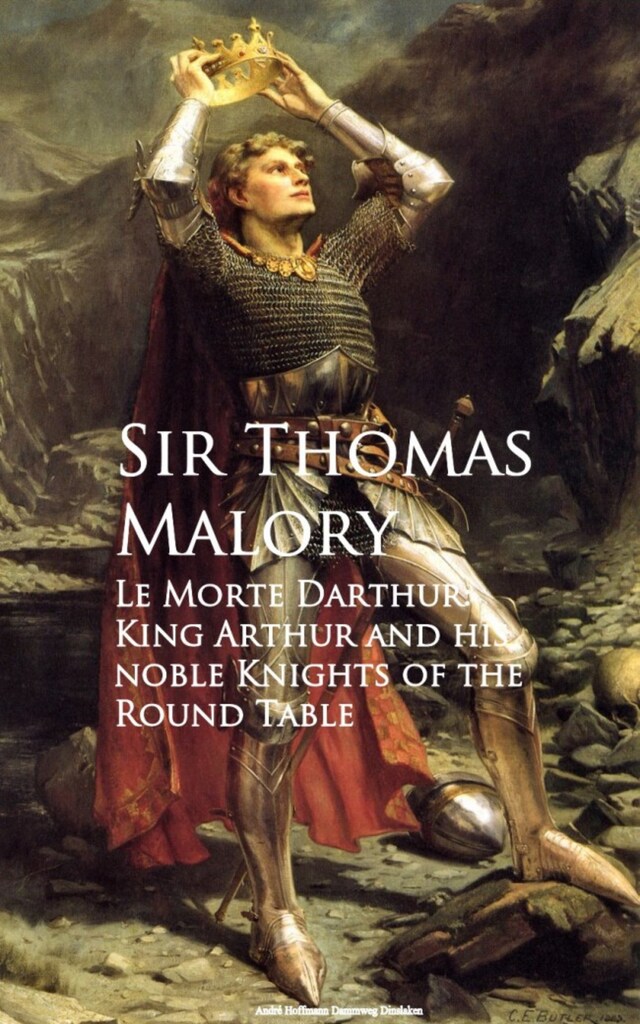
Le Morte Darthur: King Arthur and his noble Knights of the Round Table
Beskrivelse av boken
We owe this our English Epic of Le Morte Darthur to Sir Thomas Malory, and to William Caxton the first English printer. Caxton's Preface shows (what indeed would have been certain from his appeal to the 'Knights of England' at the end of 'The Order of Chivalry') that however strongly he, 'William Caxton, simple person,' may have been urged to undertake the work by 'divers gentlemen of this realm of England,' he was not less moved by his own love and reverence for 'the noble acts of chivalry,' and his deep sense of his duty and responsibility in printing what he believed would be for the instruction and profit of his readers, 'of whatever estate or degree.' But to Sir Thomas Malory he gives all the honour of having provided him with the copy which he printed. And ever since, for more than four hundred years, successive generations have approved the fitness of Caxton's choice. For it is Malory's book, and not the older forms of King Arthur's story which we still read for enjoyment, and for the illustration of which scholars edit those earlier books. Only a true poem, the offspring of genius, could have so held, and be still holding its ground, age after age. It may be said that it is chiefly with boys, and with men who have formed the taste by their boyish reading, that the book is so popular. But is not this so with the Iliad too? Men of mature intellect and taste read and re-read the Iliad with ever new discoveries, appreciation, and enjoyment; but it may be questioned whether there are many, or even any, of them who did not begin those studies at school, and learn to love Homer before they knew that he was worthy of their love. And they who have given most of such reading, in youth and in manhood, to Malory's Morte Darthur will be the most able and ready to recognise its claim to the character of an Epic poem.
 Thomas Malory
Thomas Malory 1 287 Sider
1 287 Sider